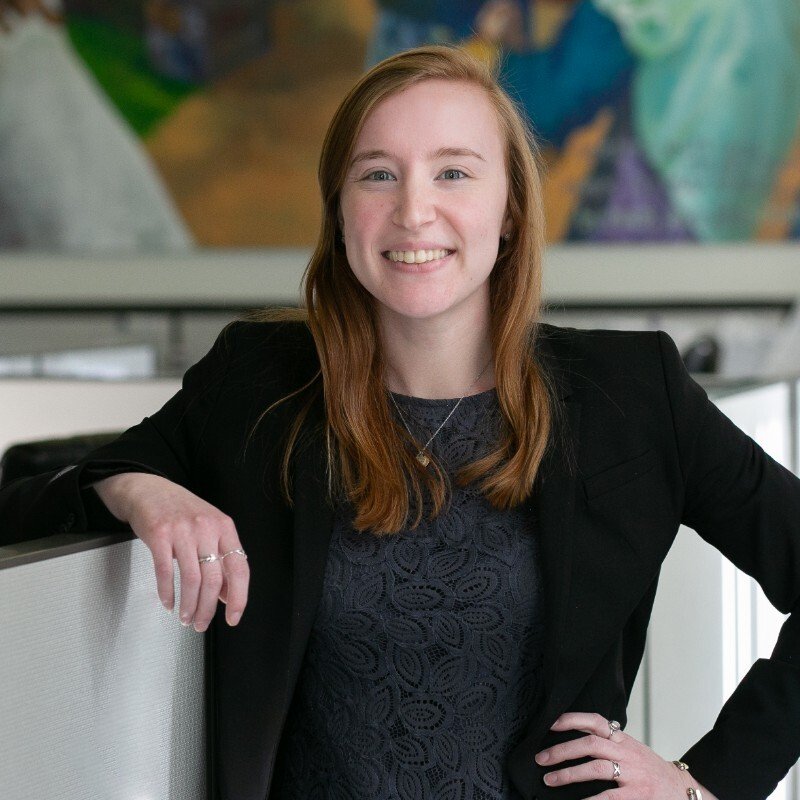The Experts
Nick Zuroski,
Senior Manager for Policy & Advocacy
Maria Tata,
Senior Associate for Policy & Advocacy
AfP advocates and educates to ensure conflict prevention, violence reduction, and peacebuilding best practices and research correlate to better policies, legal frameworks, programming, and resources.
Accelerating collective action through collaboration and exchange
AfP conducts on- and off-the record high-level strategy sessions with policymakers, lawmakers, donors, members, and experts to address the peacebuilding fields’ most pressing issues.
AfP develops robust coalitions of experts and practitioners and convenes communities of practice that drive innovation and action on pressing peacebuilding challenges, including the GFA Coalition and working groups on Conflict Sensitivity and Integration, Preventing and Countering Violent Extremism (P/ CVE), Locally-Led Peacebuilding, U.S. Peace, Justice, and Democracy, and Digital Peacebuilding.
Advocating for policies, laws, and funding to advance the peacebuilding field
AfP Co-leads the Global Fragility Act (GFA) Coalition with Mercy Corps, comprised of more than 100 organizations working to ensure successful implementation of the GFA, a game-changing law that centers conflict prevention in five priority countries/region.
AfP releases a U.S. Congressional Briefing Book biannually as the U.S. elects a new congress as well as Priorities for the New U.S. Presidential Agenda with each change in presidency to serve as a guide for the peacebuilding community’s U.S. advocacy.
AfP is continuing our advocacy efforts beyond U.S. policymakers and lawmakers to bilateral and multilateral donors, engaging with officials from the United Nations, European Union, International Monetary Fund, and World Health Organization.
Developing an evidence base and standards of practice for better policies and practices and aligning the field on shared approaches
AfP publishes cutting-edge, actionable policy briefs on topics like integrating peacebuilding and artificial intelligence (AI) and priorities for incoming U.S. Administrations.
Shaping new narratives to develop and amplify effective peacebuilding messaging
AfP is implementing its new, evidence-based narrative research in partnership with the Frameworks Institute, Humanity United, PartnersGlobal, and The Horizons Project to ensure that peacebuilding champions and the public use framing strategies that are most effective in increasing understanding of what peacebuilding is and why it matters.
Notable Past Programs
Human Security +
The Alliance for Peacebuilding (AfP) program on human security worked to achieve a people-centered security strategy, which is a more successful, cost-effective, and sustainable national security strategy than traditional approaches. The program opened channels of communication between the Pentagon and local civil society organizations (CSOs) working to build human security from the ground up through conflict prevention and peacebuilding.
Like peacebuilding practitioners, women and men in the military see the complexities of conflict up close, and they often quickly recognize the value of peacebuilding approaches to addressing difficult policy problems overseas. As a result of years of outreach facilitating communication with civil society, military officials have shown strong interest in learning from the peacebuilding field. AfP staff were invited to give training courses, lectures, and workshops at the US Army War College, National Defense University, the Pentagon, and even in locations such as Afghanistan.
AfP’s Director of Human Security, Lisa Schirch, spearheaded a comprehensive, three-year project culminating in a first-ever handbook and online training curriculum, along with a compilation of case studies illustrating successful civil-military collaborations, and a policy brief outlining key guidelines for policymakers.
Learn more here.
Peace Rewire +
Re-Wiring the Brain for Peace, now known as an independent project called “Peace ReWire,” was a collaboration between neuroscientists, peacebuilding experts, and spiritual leaders, who have worked together to explore how to “rewire” the brain for peace. As a group, we have sought methods of countering the changes in the brain that occur under situations of violence, trauma, and war. This project studied how rituals, spiritual practices, and values that exist in every society serve not only to transform fear and anger on an individual level, but also act as conduits for positive social values and help spark collective change. The preparatory phase of this project was generously supported by the George Family Foundation and the United States Institute of Peace.
Peace ReWire currently works in collaboration with the Avielle Foundation on combining the power of neuroscience, spiritual and contemplative practice, and peacebuilding, to catalyze “inner peace,” and spark broad-scale social transformation An archive of Re-Wiring the Brain for Peace original page can be found here.




















